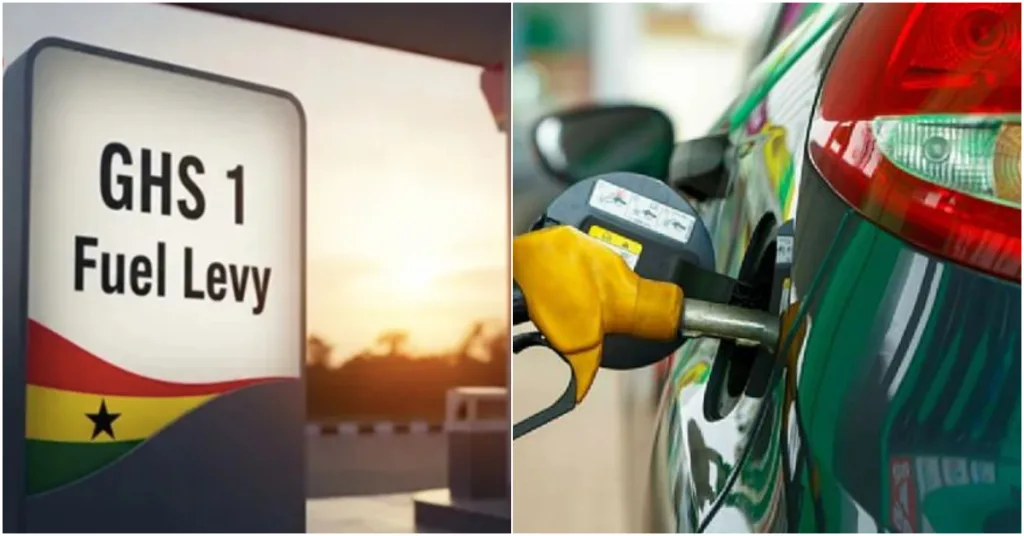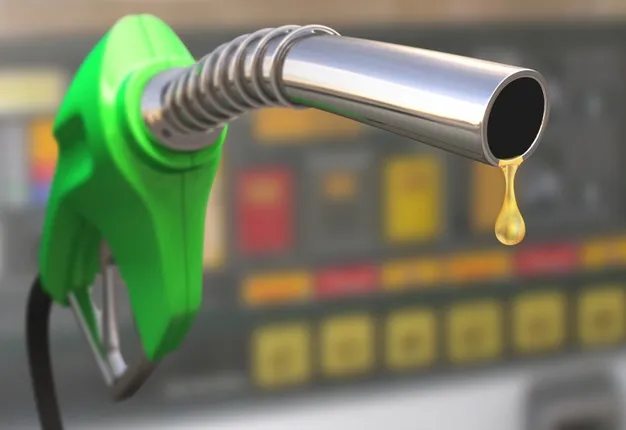The Ghana Revenue Authority (GRA) has officially set July 16th as the day for the GH¢1 fuel levy to commence.
The GH¢1 fuel levy, also known as the D-levy or dumsor levy, was announced on June 9, 2025, with the primary objective of helping to clear the debt in the energy sector.
The government of Ghana brought in this levy in a quest to help generate more revenue to pay off the huge debt that is up to $3.7 billion in the energy sector. This idea by the government was supported and approved by the parliament of Ghana through the Energy Sector Levies (Amendment) Bill 2025.
READ ALSO: Breaking News: President Nana Akufo-Addo Has Break Silence On The E-levy brouhaha

The official date announcement of the D-levy, or GH¢1 fuel levy, was captured in GRA‘s latest press release.
“Reference is made to our previous communication dated 13th June 2025, which announced the postponement of the implementation of the Energy Sector Levies (Amendment) Act, 2025 (Act 1141). This decision was taken in consultation with the Ministry of Finance and the Ministry of Energy to allow for a comprehensive monitoring of global market conditions and to safeguard recent gains in domestic pump prices.
“We are pleased to inform you that, following a thorough review of prevailing market indicators and in line with the government’s commitment to ensuring stable economic conditions, the implementation of the Energy Sector Levies (Amendment) Act, 2025 (Act 1141), will now commence, effective 16th July 2025.” the GRA explained.

The government suffered severe backlash when this levy was first introduced. Although it explained that proceeds would be used to settle debt owed Independent Power Producers (IPP), to avert a return to the days of erratic power supply, also known as ‘dumsor’, some stakeholders kicked against the tax.
The Minority in Parliament said the government had deceived the populace by scrapping electronic levy (Elevy) and introducing D-levy (Dumsor levy).
The decision by government to suspend the introduction was therefore welcomed by many. With this new announcement, fuel consumers will be required to bear the cost despite the assurance by government that it will not lead to a price increase.








